Meet some of us!
Find out more about some current MRC DTP students and staff....
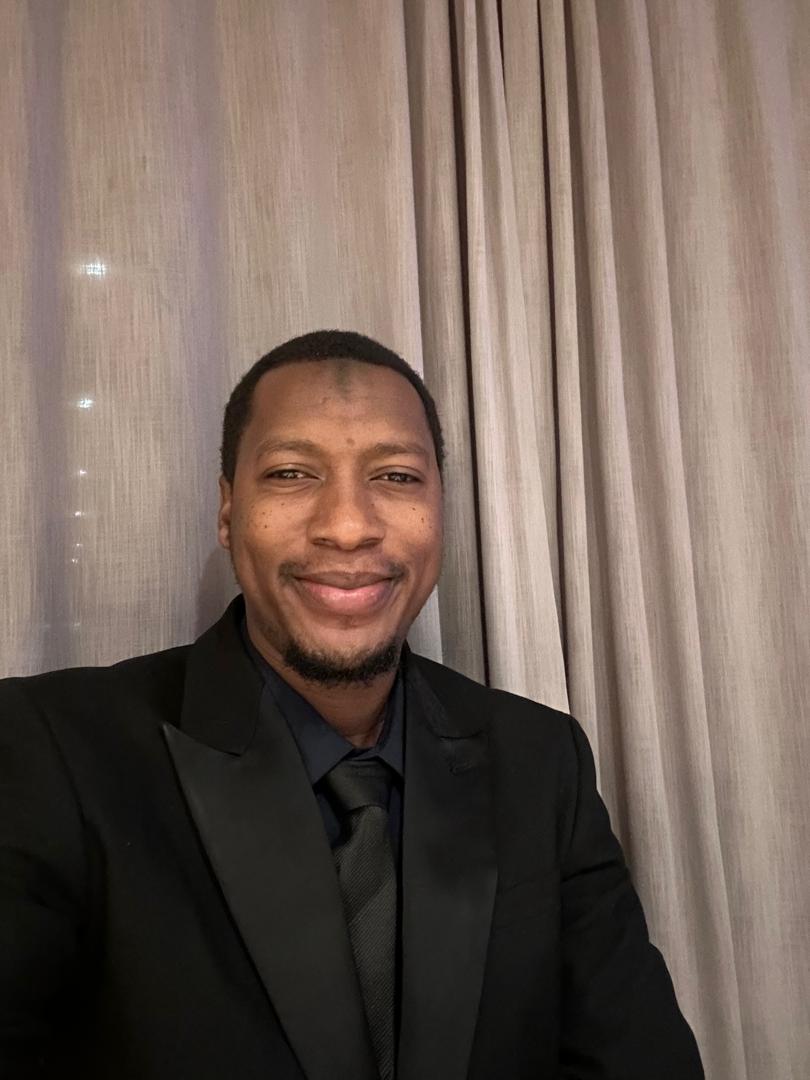
Abdullahi Sani Abubakar
I grew up in Northern Nigeria with a dream of studying Medicine. My parents even called me the “doctor of the family.” When I received admission to study Microbiology at Usmanu Danfodiyo University Sokoto, I took it with the intention of switching to Medicine if I achieved a 4.5+ CGPA. I ended my first year with a 4.67 and instead of switching, I chose to stay. I’d genuinely fallen in love with microbiology.
After graduating, I knew I wanted to continue into research, pursuing both an MSc and eventually a PhD. I moved to the UK for my MSc in Biotechnology, where I focused on microbial applications. I then worked as a Research Technician at 17Cicada, a company that aimed at transforming waste into high-value chemicals. It was a great experience, working with a brilliant team making real contributions to decarbonising the planet.
Still, I felt drawn toward research with a closer connection to human health. When I came across the MRC DTP, I immediately knew this was the direction I wanted; a pathway that blends disciplines, opens doors to new biomedical techniques.
Now, my PhD focuses on developing antimicrobial silicone interfaces for healthcare and beyond — a fascinating mix of polymer chemistry, materials science, and microbiology. It’s exactly the kind of challenge that excites me: science with purpose and real-world impact.
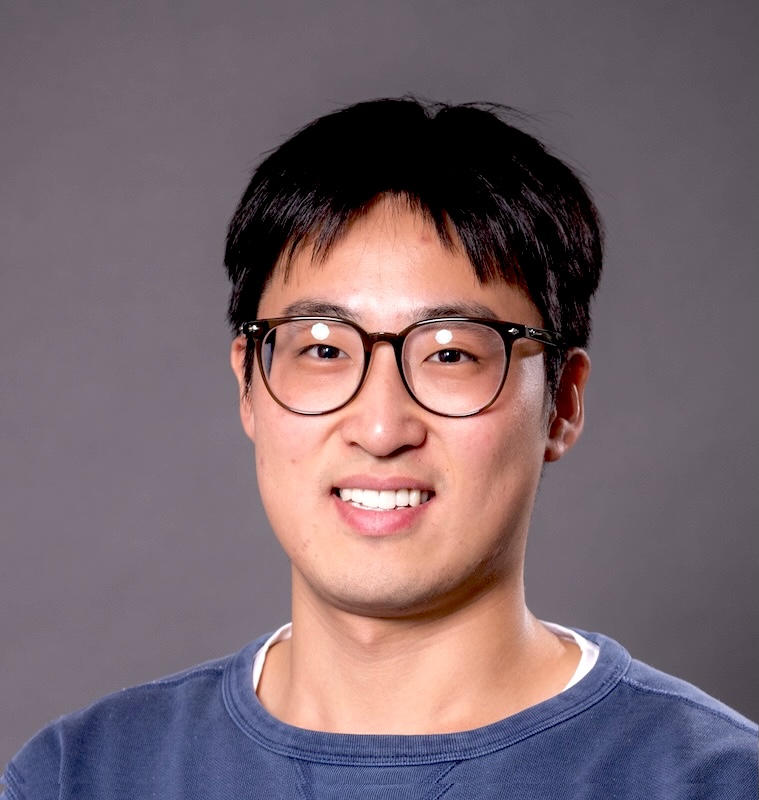
Zhidong Xie
Life is magic. Several years ago, when I just graduated from the undergraduate Pharmaceutical Science program in China, I did not even know what exactly I wanted to do or where I would go next. Lucky that I got a job from a pharmaceutical company as my undergraduate education was comprehensive, and my grade was not bad. Luckier that in that job I found myself becoming super interested in handling the data generated during the drug R&D. Thus, I decided to get myself more educated in this area. Life brought me to Germany where I finished my Master's degree in Epidemiology. Two years of studying in Germany did not just embed me with necessary knowledge and skills, but also committed my mind to contributing to interdisciplinary biomedical research with data-based approaches. This motivated me to apply for and join the MRC DTP in UoW as this program is designed to promote
interdisciplinary biomedical research. We can have classmates, lecturers, trainings, resources from diverse areas, across both wet-lab and dry-lab. I love being surrounded by this interdisciplinary environment because different knowledge collide here to create more scientific sparks. So, I am here as a new iCASE student and am excited about the following adventures!

Nina Pucekova
Growing up in a small town in northern Slovakia, I had very limited opportunities in education and personal growth. Feeling like I wanted more, I started looking for ways to satisfy my ambition, applying to various programmes that could fund my education elsewhere. That’s how I landed in the UK, studying Biology, Chemistry and Maths at A-level. I then studied Biological Sciences at the University of Edinburgh, focusing on biotechnology, microbiology and cell biology. My favourite modules were always the cell biology ones, so I decided to do both my final-year undergraduate project and an internship in labs studying cell division. This turned out to be life changing as my internship turned into a full-time job, cementing my interest in cell division My project was part of a collaboration between biologists, physicists, mathematicians and computer scientists, introducing me to the importance of interdisciplinary research. This was why I applied to the MRC DTP, hoping to learn new ways to approach my biological questions. I am currently working on a project co-supervised by Prof Andrew McAinsh in WMS and Prof Nigel Burroughs in the Mathematics Institute, mixing biology and maths to understand the behaviour of kinetochores in chromosome segregation. This wouldn’t have been possible without the skills taught in the MSc in Interdisciplinary Biomedical Research. I’m grateful for all the support we’re given to ensure doing fun cutting-edge research can be our sole focus, and for the friendly community we’re surrounded by on the programme. What else is there to ask for when doing a PhD? I am now a member of the MRC DTP Steering Group which determines DTP strategy.
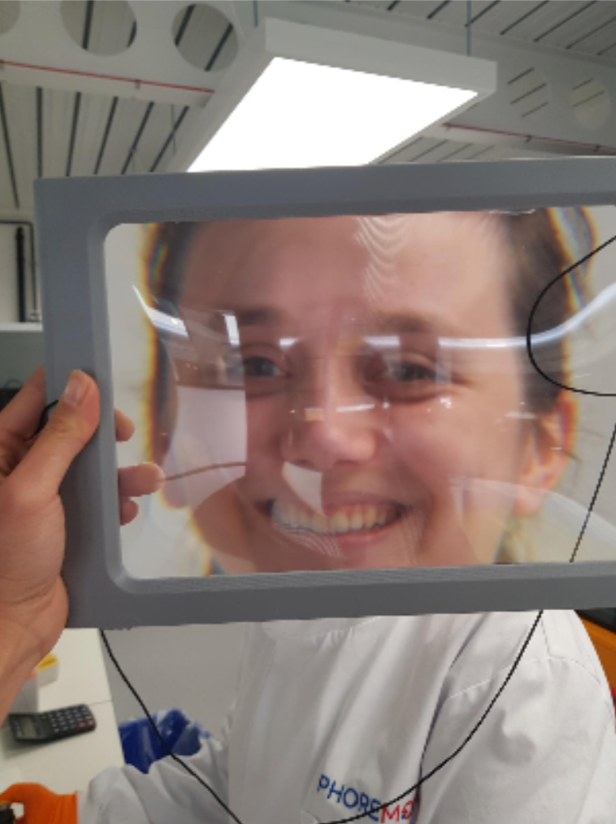
Annabelle Bennett
Ever since I was little, I wanted to be a teacher, cliché I know. It wasn’t until I joined high school and met my biology teacher that I developed a big interest in scientific research, cancer specifically. My teacher had a huge passion for genetics and immunology, and she conveyed that passion over to me, so much so that I chose to study Biomedical Science at the University of York, picking modules in immunology and cancer research. I have always wanted to do a PhD after my bachelor’s degree, but due to these broad interests I had, I was unsure on what to specialise in. So, when I came across this MRC DTP programme, I got very excited, as it would enable me to explore interdisciplinary modules and form my own PhD with a supervisor that I choose. I will be starting my PhD in the Davey Lab soon, in a project that Martin Davey and I designed together! Joining this programme was definitely the correct decision as I gained many skills in programming and statistical analysis that were not taught to me in undergrad that will definitely be useful in the PhD! I am currently a member of the MRC DTP Student Staff Forum which organises seminar speakers, social events and annual conferences.
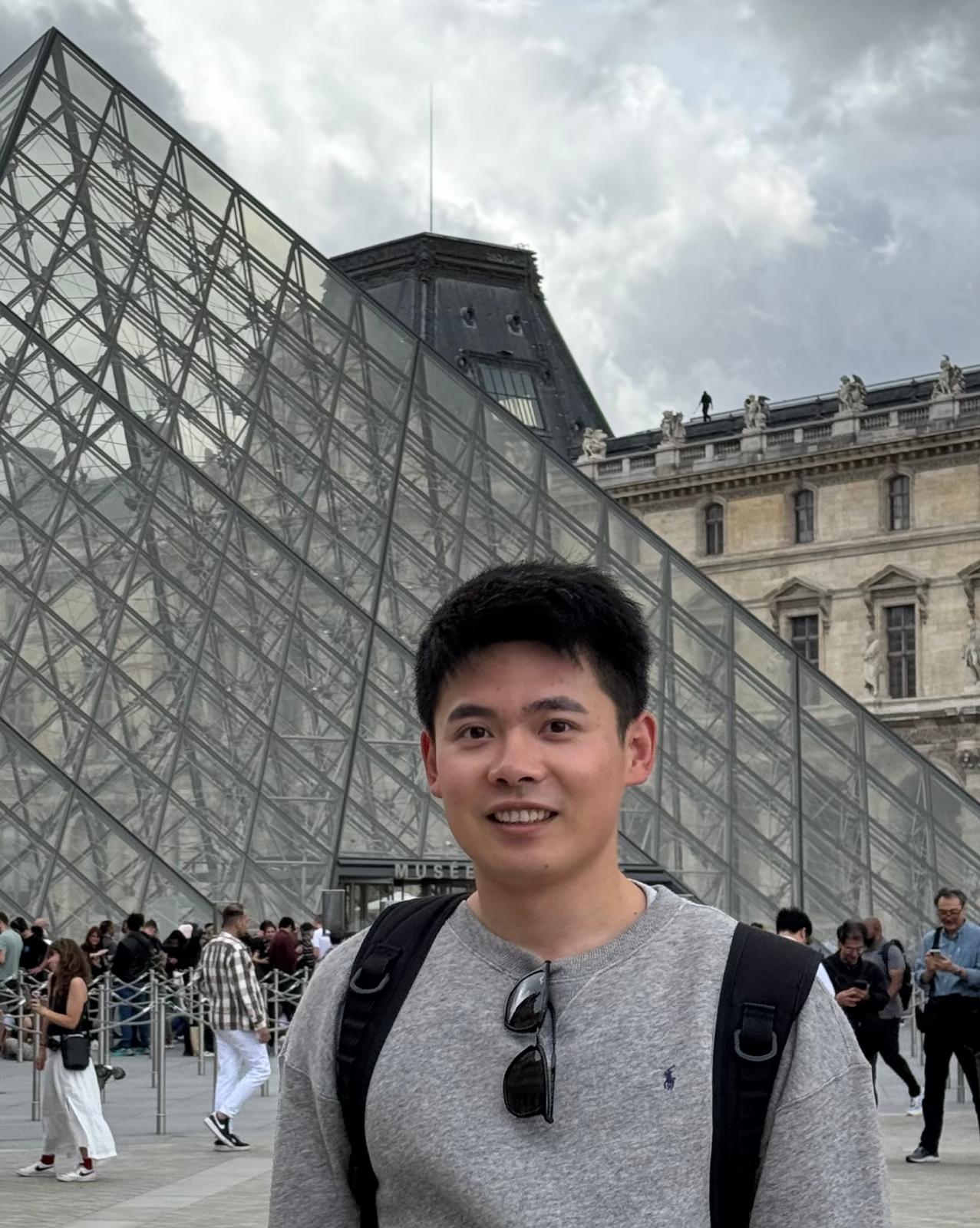
Enyu Li
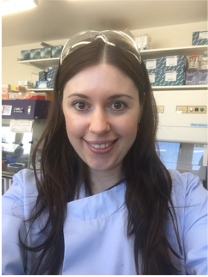
Nicole Robb
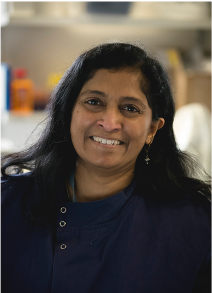
Meera Unnikrishnan
I grew up in India and from very early on I was keen to study Medicine. However, due to the competition, I had to settle for a Microbiology degree. Although the plan was to apply for Medicine again, I ended up falling in love with Microbiology and also realised that doing research and discovering new things was more exciting. After my Masters, I moved to the UK to do a PhD in Microbiology, studying bacterial pathogenesis, and here I became fascinated by how pathogens interact with the host. I went on to do my postdoctoral training at Harvard University, Boston, where I studied different pathogens, and how mammalian cells respond to them. I also tried doing science in an international vaccine company in Italy, which was great experience, but then eventually decided that academia is more fun. More recently I have been working across disciplines, applying novel chemistry and engineering solutions to biological questions. I think that there are some very clever pathogens around us, and there is a lot that we do not understand about them. My group now focuses on understanding medically important pathogens, how they establish infections and how we could best target them. I lead the Frontier Techniques in Biomedical Research module for the MSc in Interdisciplinary Biomedical Research and am a MRC DTP supervisor.
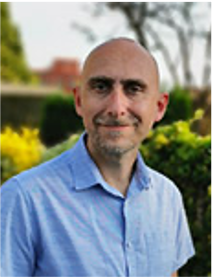
Sam Dean
I never really had a big plan to be a scientist, I always just did the thing that interested me most at the time. At A-levels this was Biology, Chemistry and English Literature, and this took me to the University of Edinburgh where I studied Biological Sciences, gravitating towards Molecular Biology by my final year.
It wasn’t until I was working as a research assistant in biotech and applying for PhDs that I realised that I was all about the parasites. I really like the fact they have these complex lives that are elaborately intertwined with our own biology. In fact, although parasites cause some of the most terrible diseases known to humanity, you will find that most parasitologists are really rather fond of them! Since I have joined WMS I have started to leverage them as a fantastic model system for understanding core eukaryotic biology and human genetic diseases. I supervise several MRC DTP students and will be taking over as Course Director for the MSc in Interdisciplinary Biomedical Research in 2026.
